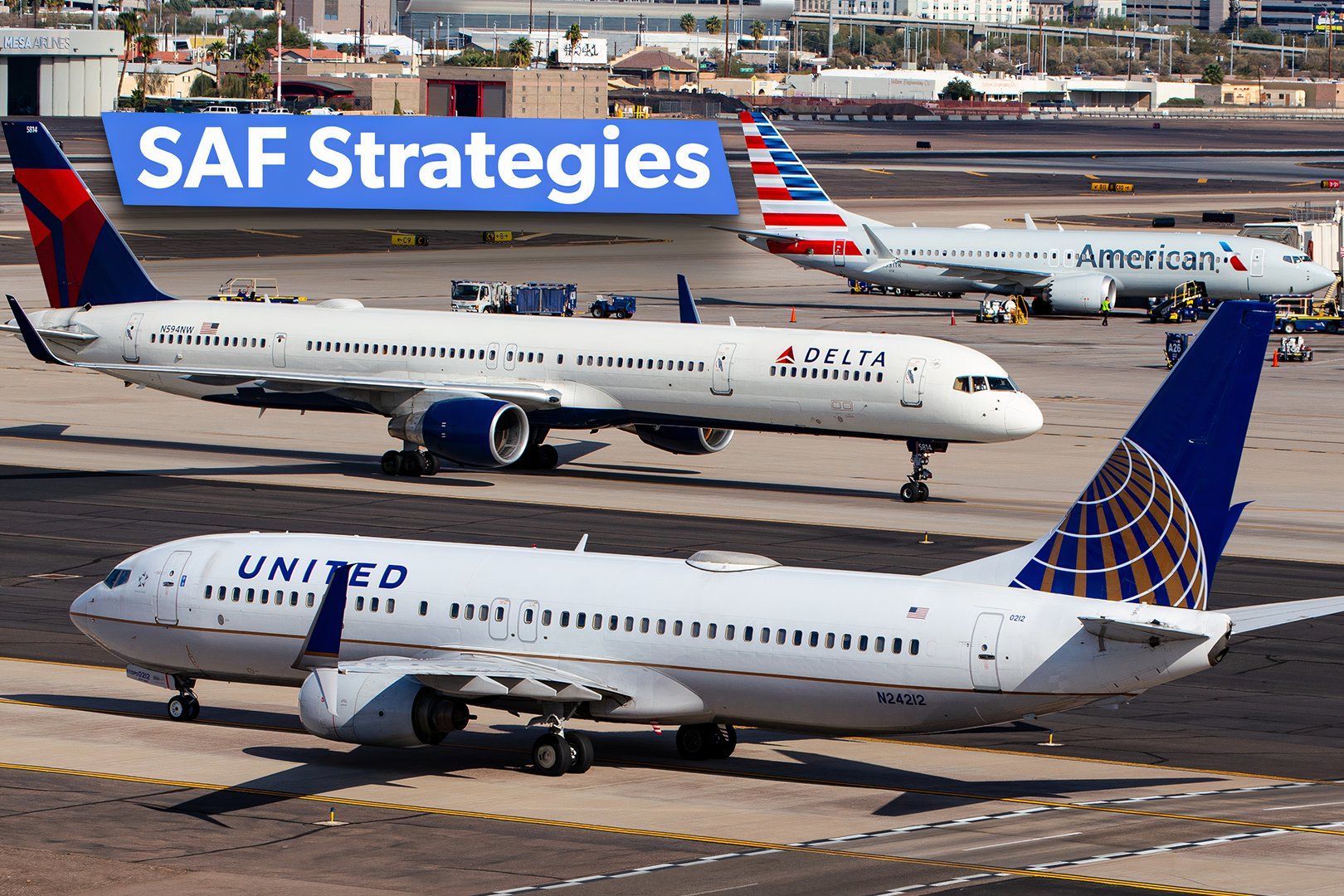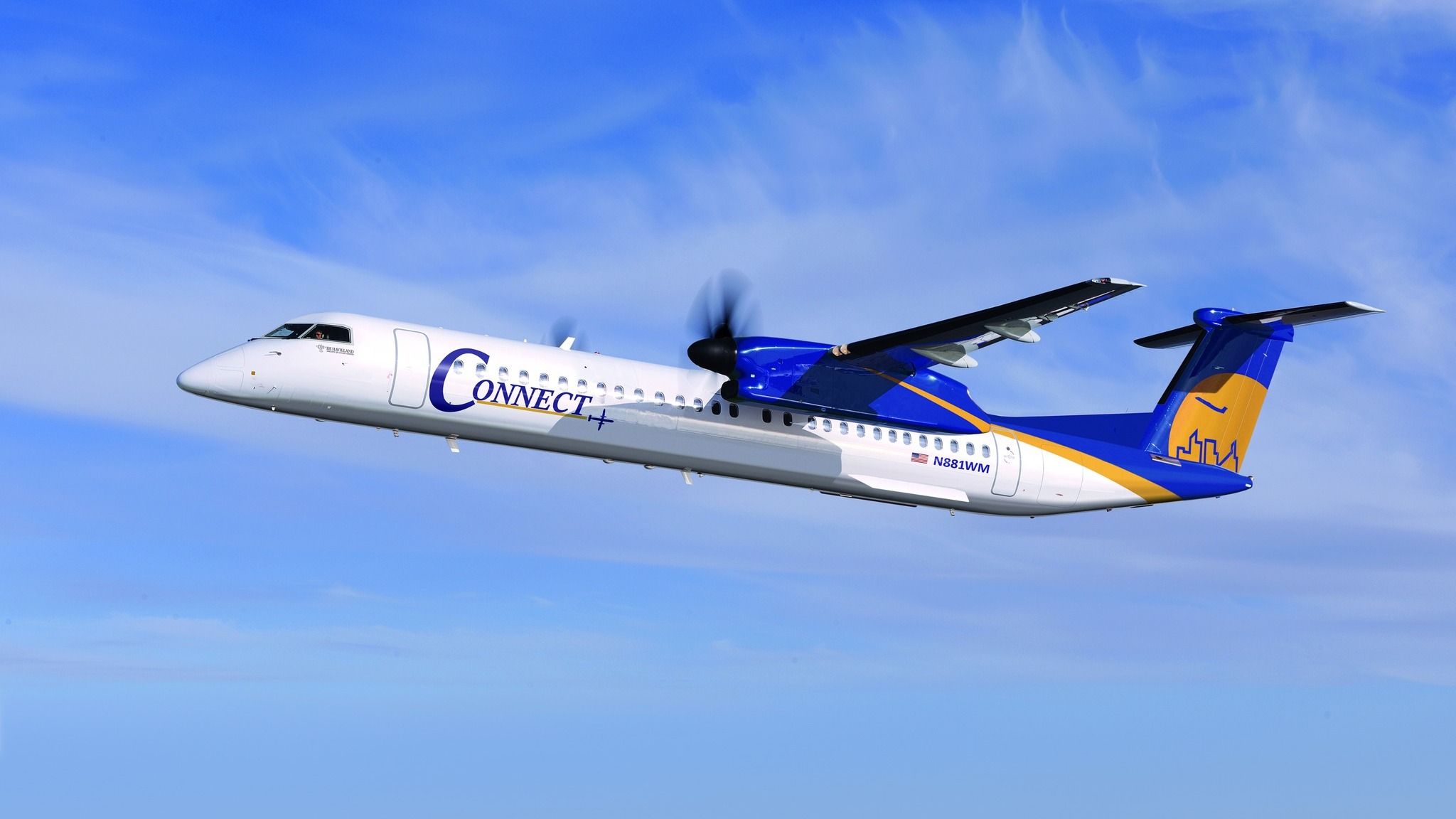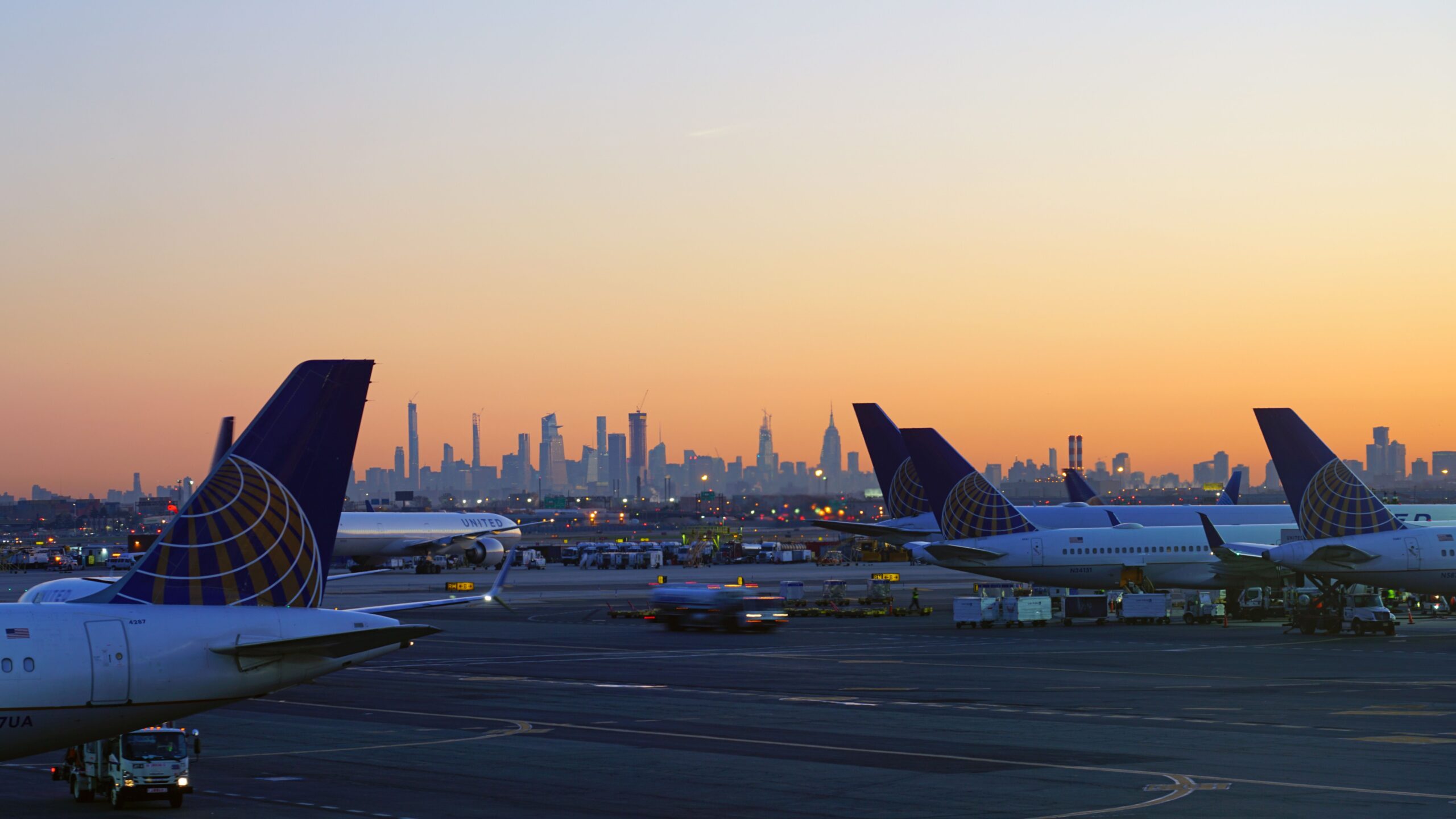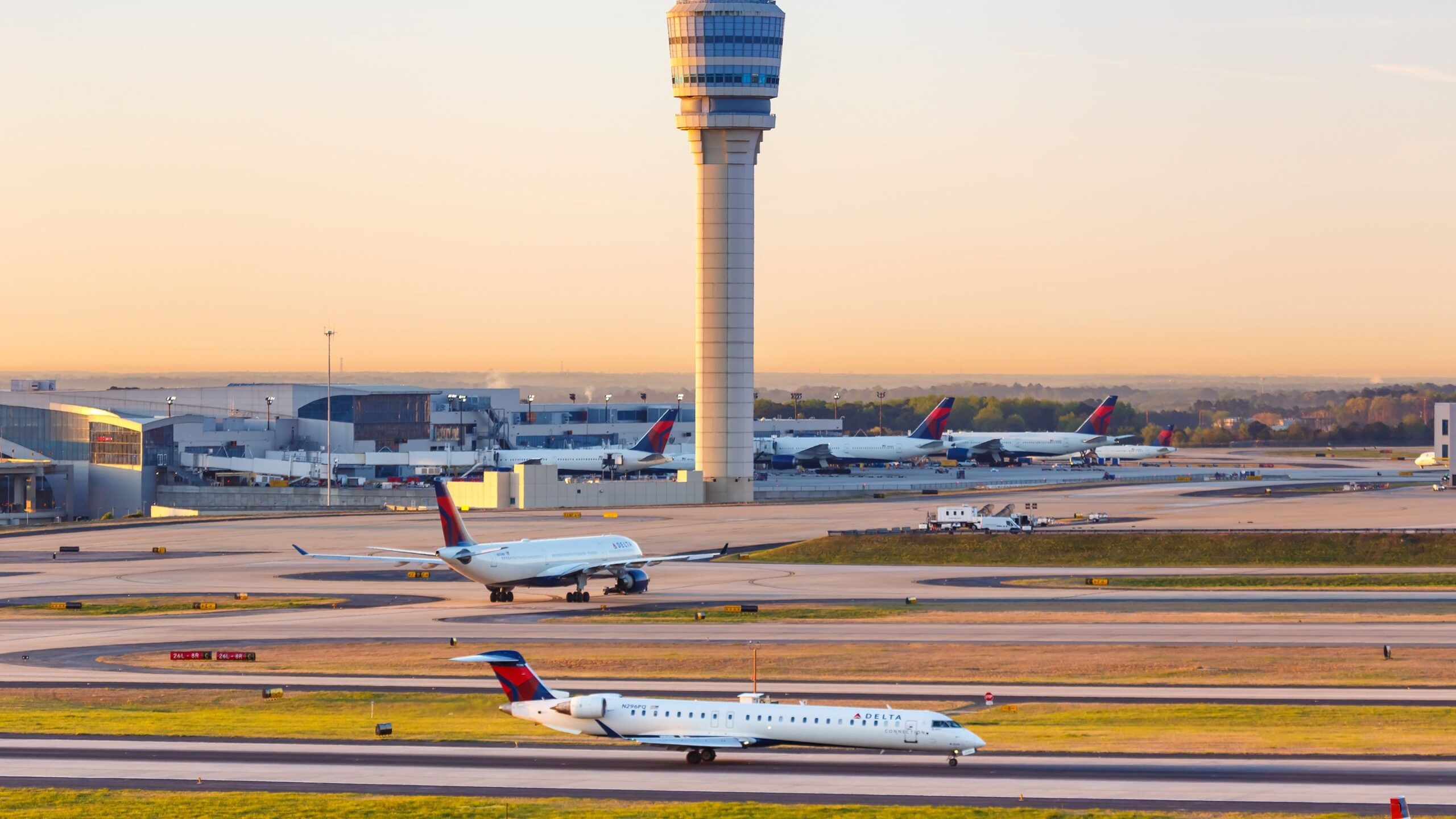The path towards net-zero aviation is full of challenges, and for the industry to achieve its rather lofty goal by 2050, extensive amounts of research will be needed to ensure that new technologies and distribution systems are developed that will help reduce carbon output. Airlines and manufacturers, both of which are staring down the barrel of onerous international sustainability regulations, will need to team up to continue promoting this kind of research.
Another important step towards this goal today was taken this past week by European manufacturer Airbus, which announced a partnership with the government of the Philippines to focus on feasibility studies that will examine the potential for the use and creation of Sustainable Aviation Fuels (SAF)
(SAF) within the Asian island nation. This new collaboration was announced on October 3rd at the Philippines Aviation Summit in Manila.
The announcement was made shortly after the Philippines established its own SAF committee, an organization with the express purpose of helping the nation establish an SAF industry and create a roadmap toward future SAF integration and the reduction of carbon emissions. With a thriving civil aviation industry that is bolstered by flag carrier Philippine Airlines and low-cost carrier Cebu Pacific, the island nation is poised for further aviation growth, and the need for a sustainable roadmap cannot be understated.

An exciting study with extensive potential
This new partnership will center on a research effort to establish an SAF adoption timeline that will fall in line with the current guidelines outlined by the International Civil Aviation Organization (ICAO) in its latest SAF template, according to Aerotime. This analysis will utilize macroeconomic surveys of Philippines-specific data, which will help identify pathways forward to the following three initiatives:
- The evaluation of feedstocks that will contribute to SAF production
- The assessment of support and financing that would be needed for SAF adoption
- The initial action plan that will be followed by the recently established SAF committee
The Philippines, alongside all other members of the International Civil Aviation Organization, will need to focus its SAF efforts to achieve the industry’s goal of net-zero operations by 2050. During the 2024 Singapore Airshow, industry leaders from across the Asia-Pacific region were quick to point out that the typical SAF commitment of about 5-10% would be far from satisfactory for the next decade.

Related
Examined: The ‘Big Three’ US Airlines’ Various Sustainable Aviation Fuel Strategies
United Airlines has led the charge in many ways.
So why is Airbus so interested in the Philippines?
An agriculturally productive nation, it is unsurprising that the Philippines has become a target for Airbus’ latest feasibility study. In a statement issued to FlightGlobal, the manufacturer had the following words to share:
“This study will serve as a critical reference to springboard further development of relevant policies, and at the same time encourage industry stakeholders to advance economically viable SAF production in the Philippines.”
Photo: Airbus
As a rapidly growing aviation market, incorporating SAF systems into airline operations while the industry remains in its relative infancy is essential. Airbus and other manufacturers will need to continue supporting similar research initiatives across the developing world to ensure a sustainable future for the industry.





